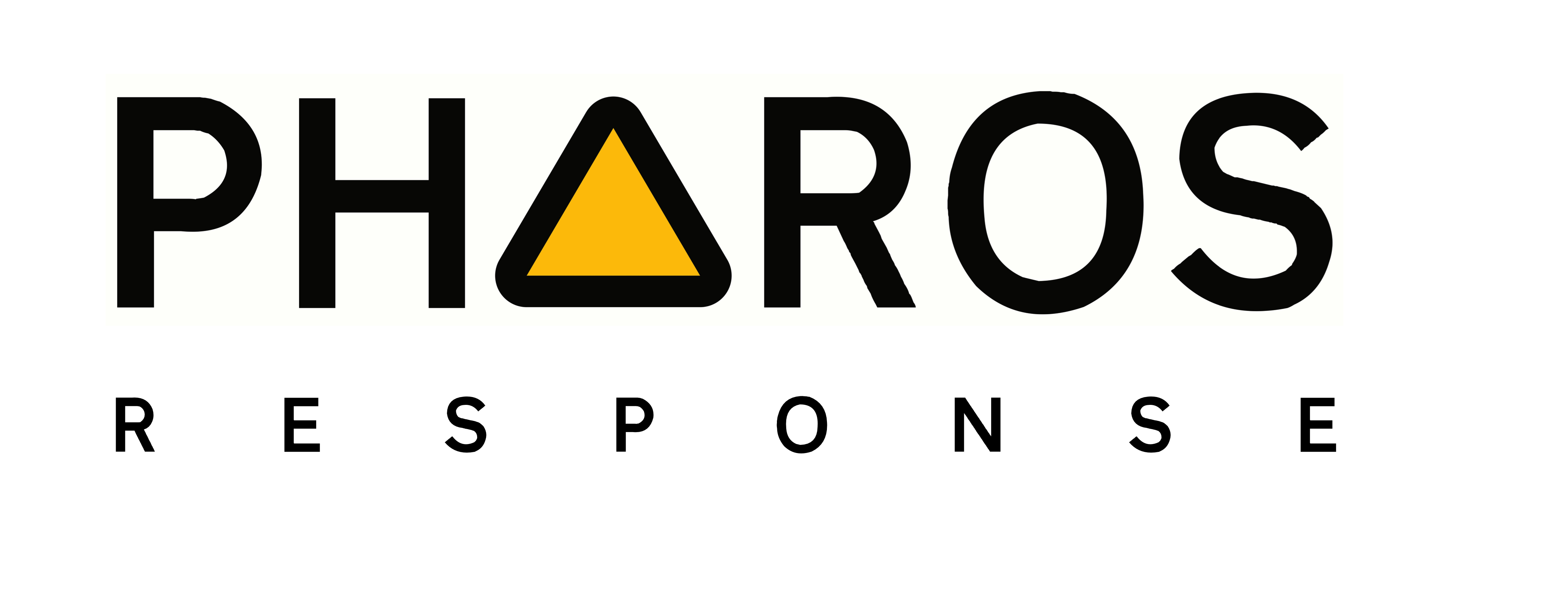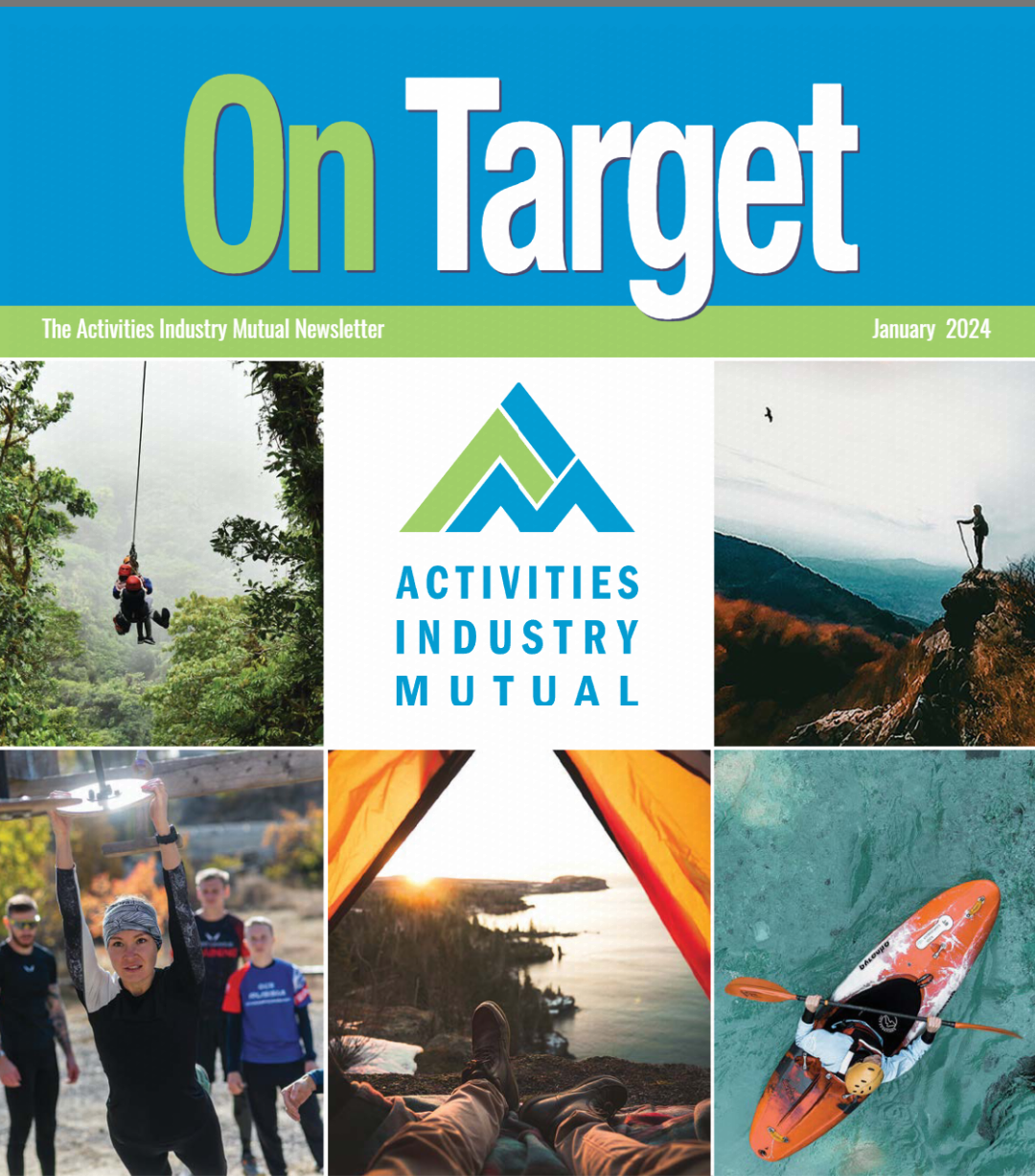Seven habits for highly effective incident management
By Julian Penney and Chris Gallant of Pharos Response
You may have come across the management book, Seven Habits of Highly Effective People; we believe ‘seven’ rules can also apply to incident management. Like anything, the more planning you do, the more you’ll be prepared for an incident. More importantly, as a result of being prepared, the incident is likely to have a lesser impact on your organisation and the people involved.
How prepared are you?
How would you respond to the letter from a solicitor threatening legal action following an injury sustained by a customer in your care; a visit from the Police to break the news that a member of your staff has been arrested for suspected child abuse; or many other comparable situations?
Here’s our seven ‘habits’ for highly effective incident management:
1. Planning
In the outdoor and adventure sector, we tend to be very good at handling incidents ‘in the field’. Typically, we are less prepared for how to prevent these incidents from getting worse or how to handle a more serious incident. Being prepared means identifying potential crises and writing a short plan of considerations. This isn’t a lengthy prose but a punchy list of actions, guides and checklists: what to do, who to do what and who to notify. Of the AIM Members subscribed to Pharos’ service to date, 53% either didn’t have a plan or ‘weren’t sure’ if they did when they signed up.
2. Speed
There is limited time after incidents when you can take control, showing people involved you’re acting responsibly and working towards a solution. Your plan should outline who will be doing what and the faster they make a start, the better for organisational recovery, rather like administering first aid. Conversely, if you have to think through all the details at the time, you’re in danger of sinking. The press will already be calling before you’ve had chance. A plan helps improve your ability to respond, and your speed of response.
3. People
You’ll be making fast decisions as there is usually a lot to do. These decisions are vital in doing the right thing by those involved and also portraying your organisation as being reputable and responsible. Place ‘people’ at the heart of your incident response, which means making management decisions based on wanting the best possible care for the injured, the support of other group members and consideration of relatives. If there is the smallest sign that you’re putting profit before people, things swiftly turn sour. Relatives turn to the press, social media or lawyers in frustration, escalating your incident. Sometimes this could have been avoided by following the first three steps alone.
4. Take responsibility
Even if you believe the cause of an incident to be the fault of a sub-contractor or freelancer, it’s important to take organisational responsibility for getting to the bottom of what happened and providing the necessary support to those affected. Appearing to be passing the buck or seeking blame breeds negative feelings. Much of effective incident management is about ‘just doing the right thing’. After any incident, your organisation falls under the spotlight, perhaps by one family or by the world’s media depending on the scale. How you’re seen to perform under the spotlight affects how people will judge and treat you.
5. Remain visible
In the aftermath of an incident, you’ll be busier than you’d like but it is crucially important that you remain visible and available to those affected. It isn’t just the initial speed of response that is important but ongoing speed. If you suddenly disappear people will ask what’s happened, what’s to hide? Disappearing may be due to phone, email or web systems failing under the pressure, or of course you simply need a break. Either way, this can cost you dearly: a journalist printing “unavailable for comment” or an unanswered question can breed suspicion, concern and eventually claims.
6. Ethical and honest
You don’t need to release all information as soon as you have it but you do need to be responsible with the information you do hold. Stalling or worse, lying, will only bite you later. Make ethical and honest management decisions.
7. Remember the bigger picture
Business continuity should be a part of your plan with people nominated to care for the day-to-day running aside from the incident. Once the eye of the storm has passed, you’ll need to turn some attention to your organisation’s ongoing operations and performance. Review the previous six steps when considering your own organisation, and the impact the incident may have had on it and your staff.
Assistance for AIM Members
Whether you’re a large or small organisation, you will have your own challenges and your own reasons for not being as prepared as you’d like to be; usually a combination of time, money and expertise. Pharos can provide the expertise to help you plan, prepare and train for effective incident management while also being available to you 24/7 to help handle any incident. AIM members benefit from a discounted annual subscription of £125, when usually the fee would be from £995.
Often people assume Pharos is only there to help through the major incidents, but this is not true. We have recently assisted two AIM Members following climbing-related falls where, fortunately, the injuries were minor. However, both cases had the potential to become more serious than the injuries alone would suggest, but through careful stakeholder communications we were able to advise how to defuse the situation, helping to prevent these situations escalating into claims.
For more information visit: www.pharos-response.co.uk





